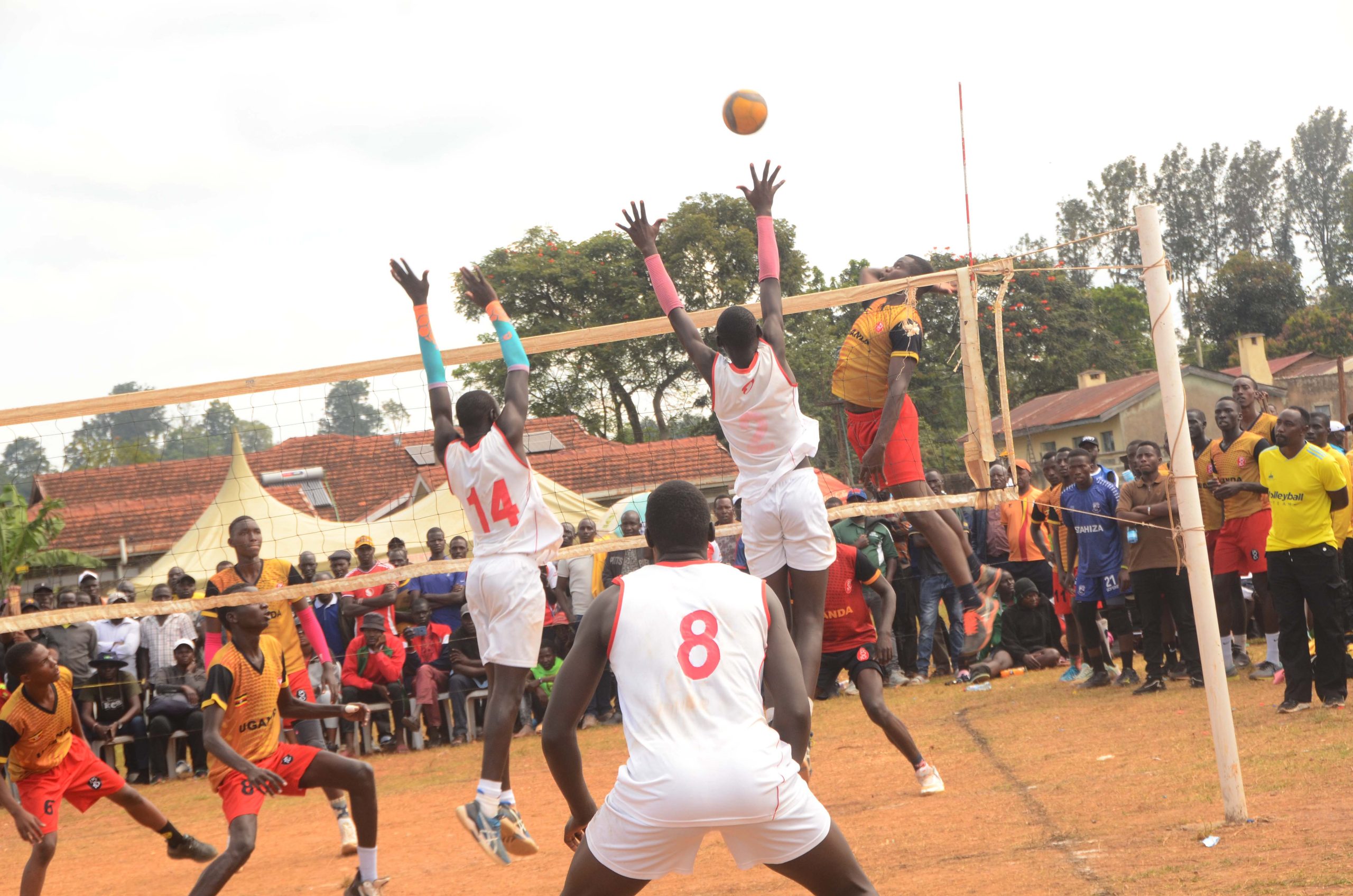Parents, before you take your child’s story as gospel truth, pause to consider. Breathe. Adjust your spectacles if you wear them, and if you don’t, at least adjust your perspective. Children are master storytellers. They can stretch a mosquito bite into a lion’s scar, a mild reprimand into a full-blown crucifixion and a simple ‘keep quiet’ into a Shakespearean tragedy. Their tongues are paintbrushes, their imaginations vast oceans, and sometimes the ‘truth’ they bring home is dipped in a bucket of exaggeration, spiced with emotion and served hot with a side dish of innocence.
In Kenya, parents are quick to take the first version they hear from their children and run with it. The moment a child bursts into the living room, bag thrown one way, shoes the other and proclaims in a trembling voice, ‘Mum, Dad, teacher hates me!’ the parental instinct shoots up like maize in the rainy season. The heart pounds, the blood boils, and the natural reaction is to march into school the next day like a soldier on a rescue mission. Some even begin sharpening their verbal machetes, ready to cut down a teacher’s reputation in the Parents’ WhatsApp group before the truth has been cross-checked. But pause again. Because every story has two sides, and in the middle sits the often forgotten thing called truth.
See, teachers do not wake up in the morning to declare civil war on children. No, they rise with lesson plans in one hand and patience in the other, armed with chalk, registers and sometimes nothing but hope. A child may come home declaring that the teacher embarrassed them in class. What they may forget to add is that they had been making aeroplanes out of the homework sheet or leading the choir of noise makers when silence had been requested. They may omit the little part where the teacher asked kindly, once, twice, thrice, before resorting to firmer tones. Yet, in the retelling, the teacher becomes a villain, a cruel executioner who picks on the innocent lamb without cause.
And let us be honest, Kenyan children have sharpened the art of defence. They are well aware that parents tend to believe them first. A missed assignment becomes, ‘Teacher never gave us homework.’ A poor grade becomes, ‘Teacher doesn’t like me.’ A punishment becomes, ‘Teacher just chose me for no reason.’ And because our children know that we treasure them like the apple of our eyes, they sometimes weave stories that would make even seasoned scriptwriters in Riverwood proud.
But what happens when parents never check the other side of the coin? A child grows up learning that manipulation works. They start believing that life bends to the loudest complaint. They know how to evade accountability, to shift responsibility to the nearest adult in authority, and to twist the truth like plasticine. On the flip side, the teacher, who often spends more waking hours with your child than you do, becomes demoralised. Their efforts, sacrifices, and intentions are drowned in the flood of accusations. Imagine trying to teach thirty restless pupils while simultaneously fending off parent-fueled storms born out of half-baked stories. It is exhausting. It is unfair. It is unsustainable.
READ ALSO:
From salary to strategy: Why universities must teach financial literacy
Checking with the teacher is not just about confirming facts; it is also about building trust and fostering a partnership. Education is a three-legged stool: parent, child, and teacher. If one leg is kicked aside, the stool collapses. When a parent believes a child’s story without verifying it, they weaken the bond of that trust. But when a parent takes the time to ask, listen, and piece together the teacher’s side, they teach their child the invaluable lesson of fairness. They show them that life is not one-sided, that truth requires both light and shadow, and that even in disagreements, respect must prevail.
In Kenya’s vibrant school culture, misunderstandings are as common as dusty shoes after break time. A child may cry that they were unfairly forced to clean the class. Upon investigation, it became apparent that the teacher had introduced a duty roster, and everyone had their turn. A child may report being punished for nothing. But when the teacher narrates, it turns out they were caught scribbling on the newly painted classroom wall. These are the small but critical ‘plot twists’ that change the storyline completely.
And let us not forget the other side: sometimes, yes, a teacher may be wrong. Sometimes tone, words, or actions may cross the line. And in those cases, it is still the parents’ responsibility to speak up, but with facts, not emotion. A respectful conversation with the teacher achieves more than an angry confrontation born of half information. When truth is established, justice is served; not just for the child, but for the integrity of the school community.
Our children are growing up in a world where perception can sometimes overshadow reality. As parents, we are the compass. Suppose we rush to take their every word as gospel. In that case, we risk raising adults who never take responsibility, who play victim at every corner and who believe authority is always the enemy. But if we teach them to balance their voices with those of others, to listen as much as they speak, and to respect authority while still being honest, then we give them a powerful heritage.
Because truth, especially in the Kenyan classroom, often has a plot twist. And wise parents know: before believing the story, first confirm the scriptwriter.
By Raphael Ng’ang’a
Raphael Ng’ang’a is a teacher at a school in Westlands Sub-County.
You can also follow our social media pages on Twitter: Education News KE and Facebook: Education News Newspaper for timely updates.
>>> Click here to stay up-to-date with trending regional stories
>>> Click here to read more informed opinions on the country’s education landscape






